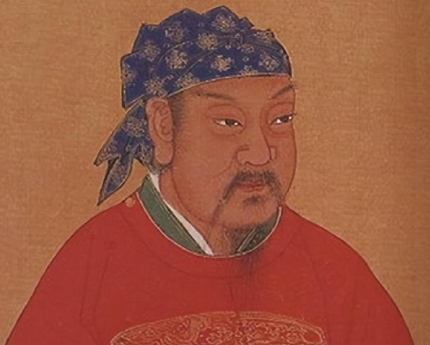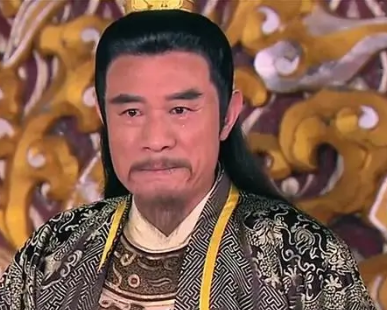On the historical stage of the warring states in the late Han Dynasty, Yuan Shao was undoubtedly an influential figure. Born into a prestigious family, he possessed a strong military force and vast territories, making him a candidate seen by many as having the potential to unify the country. However, as history moved forward, Yuan Shao ultimately failed to achieve this grand goal. This article will explore the reasons for Yuan Shao's failure, attempting to reveal the internal logic behind the shattering of his dream of unification.

I. Yuan Shao's Advantages and Ambitions
Yuan Shao hailed from the renowned Yuan clan of Runan, a prestigious family in the late Eastern Han Dynasty. He held important positions in the court in his early years, accumulating rich political experience and networking resources. After the Yellow Turban Rebellion, Yuan Shao quickly rose to become the overlord of the Hebei region, relying on his family influence and personal abilities. He commanded a vast army and controlled prosperous regions such as Ji and Qingzhou, providing him with the basic conditions for unifying the country.
II. Strategic Decision-Making Errors
Despite his many advantages, Yuan Shao made fatal errors in strategic decision-making. He hesitated in the Guangdu Campaign, missing the best opportunity to defeat Cao Cao. Although Yuan Shao's council of advisers was large, it lacked effective coordination and unified strategic guidance. In contrast, Cao Cao, despite having fewer troops, acted decisively with a clear strategy, ultimately winning this crucial battle.
III. Internal Contradictions and Power Struggles
In addition to strategic errors, Yuan Shao's failure was also related to internal contradictions and power struggles. There were intense conflicts of interest between his family members and subordinates, leading to instability within the ruling group. This instability weakened Yuan Shao's political and military strength, making it difficult for him to form a united front against external enemies.
IV. Limitations of Personal Abilities
Compared to other competitors such as Cao Cao and Liu Bei, Yuan Shao displayed limitations in personal abilities. He was not as shrewd as Cao Cao in military command and political strategy, lacking sufficient foresight and adaptability. These deficiencies in personal abilities ultimately led to his inability to effectively respond to the complex and changing war situation.
Conclusion:
In summary, the reasons why Yuan Shao failed to achieve his dream of unifying the country were his strategic decision-making errors, the consumption of internal contradictions and power struggles, as well as limitations in his personal abilities. These factors intertwined, leading to his rise and fall and ultimate failure. History is a mirror, and Yuan Shao's story reminds us that, whether individuals or organizations, in the pursuit of great goals, wise decision-making, unity within, and outstanding leadership abilities are essential. Only by doing so can one remain undefeated in the unpredictable torrent of history.
Disclaimer: The above content is sourced from the internet and the copyright belongs to the original author. If there is any infringement of your original copyright, please inform us and we will delete the relevant content as soon as possible.































